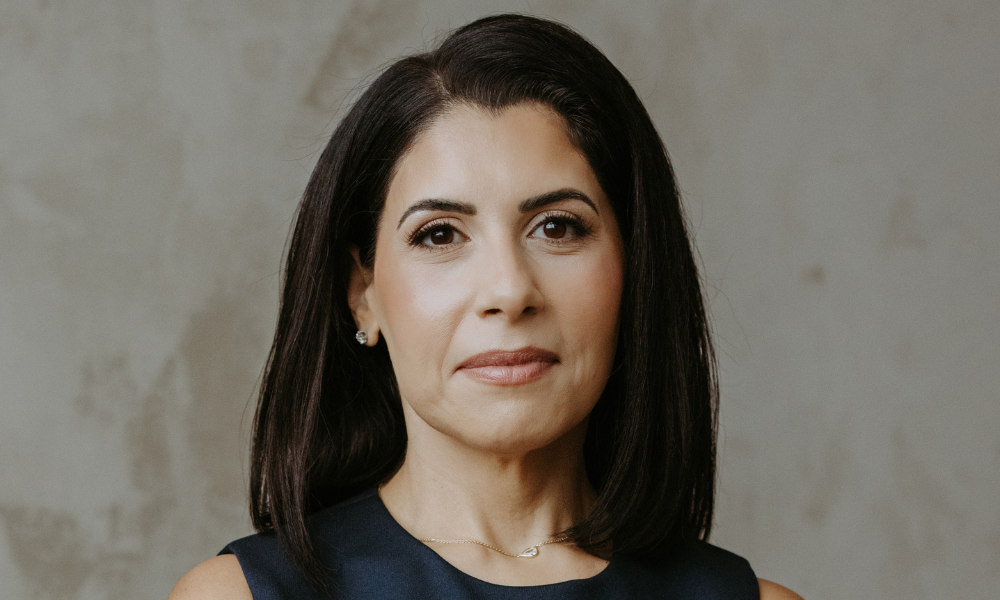On August 14, 2009, TransCanada Corporation (TSX, NYSE: TRP) once again became the sole owner of the Keystone Pipeline System through the acquisition of ConocoPhillips Company's (NYSE: COP) remaining interest in the project for approximately US$550 million plus the assumption of approximately US$200 million of short-term debt.
TransCanada also assumed responsibility for ConocoPhillips's share of the capital investment required to complete the project, resulting in an incremental commitment of approximately US$1.7 billion through the end of 2012.
TransCanada originally proposed Keystone in early 2005, and in November of that year, TransCanada and ConocoPhillips announced they had entered into a Memorandum of Understanding that committed ConocoPhillips to ship crude oil on Keystone and gave it the right to acquire up to a 50 per cent ownership interest. ConocoPhillips acquired its 50 per cent interest in December 2007. In October 2008, ConocoPhillips elected to decrease its equity ownership interest in Keystone to 20.01 per cent, with TransCanada's equity ownership interest being increased concurrently to 79.99 per cent. Under the present transaction, Keystone once again became wholly owned by TransCanada.
When completed, Keystone will be one of the largest oil delivery systems in North America with the capacity to deliver 1.1 million barrels per day. Keystone has secured long-term commitments for 910,000 barrels per day for an average term of approximately 18 years, which represents approximately 83 per cent of the commercial design of the system. In the future, Keystone could be economically expanded from 1.1 million barrels per day to 1.5 million barrels per day in response to additional market demand.
The first phase of Keystone is currently under construction. It will extend 3,456 kilometres (2,148 miles) from Hardisty, Alberta to markets in the US midwest. It will have an initial nominal capacity of 435,000 barrels per day and serve markets in Wood River and Patoka, Illinois. Commissioning of this segment is expected to commence in late 2009 with commercial operations to follow in early 2010. The line will subsequently be expanded to a nominal capacity of 590,000 barrels per day and extended to Cushing, Oklahoma. Commissioning of the Cushing segment is expected to commence in late 2010.
Keystone is also currently seeking the necessary regulatory approvals in Canada and the US to construct and operate an expansion and extension of the pipeline system that will provide additional capacity of 500,000 barrels per day from western Canada to the US Gulf Coast in 2012. The Keystone expansion will extend 2,720 kilometres (1,690 miles) from Hardisty, Alberta to a delivery point near existing terminals in Port Arthur, Texas. Construction of the expansion facilities is anticipated to commence in 2010 following the receipt of the necessary regulatory approvals.
The total capital cost of Keystone is expected to be approximately US$12 billion. As of June 30, 2009, approximately US$2.7 billion had been spent, with the remaining US$9.3 billion to be invested before the end of 2012. Capital costs related to the construction of Keystone are subject to a capital cost risk-and-reward sharing mechanism with its customers.
TransCanada's in-house team on the transaction was led by David M. Kohlenberg, deputy general counsel, corporate development and finance law, Kristine L. Delkus, deputy general counsel, pipelines and regulatory affairs and John Cashin, associate general counsel.
David R.J. Lefebvre and Charles R. Kraus of Stikeman Elliott LLP acted on behalf of TransCanada in respect of all phases of the co-ownership arrangements with ConocoPhillips, and in the present transaction were assisted by David Weekes and Douglas Richardson (tax); Susan Hutton (regulatory) and Benjamin Hudy and Christie Innes. Jeanne S. Archibald, Jeremy B. Zucker and Brian P. Curran of Hogan & Hartson LLP provided advice to TransCanada regarding certain US regulatory matters.
ConocoPhillips was represented in-house by Van P. Williams, senior counsel and Michael L. Riggs, finance counsel, and externally by Thompson Coburn LLP with a team that was led by Frederick R. Strasheim and Kimberly M. Eilerts (corporate and commercial) and Marilyn L. Muench (US regulatory).
TransCanada also assumed responsibility for ConocoPhillips's share of the capital investment required to complete the project, resulting in an incremental commitment of approximately US$1.7 billion through the end of 2012.
TransCanada originally proposed Keystone in early 2005, and in November of that year, TransCanada and ConocoPhillips announced they had entered into a Memorandum of Understanding that committed ConocoPhillips to ship crude oil on Keystone and gave it the right to acquire up to a 50 per cent ownership interest. ConocoPhillips acquired its 50 per cent interest in December 2007. In October 2008, ConocoPhillips elected to decrease its equity ownership interest in Keystone to 20.01 per cent, with TransCanada's equity ownership interest being increased concurrently to 79.99 per cent. Under the present transaction, Keystone once again became wholly owned by TransCanada.
When completed, Keystone will be one of the largest oil delivery systems in North America with the capacity to deliver 1.1 million barrels per day. Keystone has secured long-term commitments for 910,000 barrels per day for an average term of approximately 18 years, which represents approximately 83 per cent of the commercial design of the system. In the future, Keystone could be economically expanded from 1.1 million barrels per day to 1.5 million barrels per day in response to additional market demand.
The first phase of Keystone is currently under construction. It will extend 3,456 kilometres (2,148 miles) from Hardisty, Alberta to markets in the US midwest. It will have an initial nominal capacity of 435,000 barrels per day and serve markets in Wood River and Patoka, Illinois. Commissioning of this segment is expected to commence in late 2009 with commercial operations to follow in early 2010. The line will subsequently be expanded to a nominal capacity of 590,000 barrels per day and extended to Cushing, Oklahoma. Commissioning of the Cushing segment is expected to commence in late 2010.
Keystone is also currently seeking the necessary regulatory approvals in Canada and the US to construct and operate an expansion and extension of the pipeline system that will provide additional capacity of 500,000 barrels per day from western Canada to the US Gulf Coast in 2012. The Keystone expansion will extend 2,720 kilometres (1,690 miles) from Hardisty, Alberta to a delivery point near existing terminals in Port Arthur, Texas. Construction of the expansion facilities is anticipated to commence in 2010 following the receipt of the necessary regulatory approvals.
The total capital cost of Keystone is expected to be approximately US$12 billion. As of June 30, 2009, approximately US$2.7 billion had been spent, with the remaining US$9.3 billion to be invested before the end of 2012. Capital costs related to the construction of Keystone are subject to a capital cost risk-and-reward sharing mechanism with its customers.
TransCanada's in-house team on the transaction was led by David M. Kohlenberg, deputy general counsel, corporate development and finance law, Kristine L. Delkus, deputy general counsel, pipelines and regulatory affairs and John Cashin, associate general counsel.
David R.J. Lefebvre and Charles R. Kraus of Stikeman Elliott LLP acted on behalf of TransCanada in respect of all phases of the co-ownership arrangements with ConocoPhillips, and in the present transaction were assisted by David Weekes and Douglas Richardson (tax); Susan Hutton (regulatory) and Benjamin Hudy and Christie Innes. Jeanne S. Archibald, Jeremy B. Zucker and Brian P. Curran of Hogan & Hartson LLP provided advice to TransCanada regarding certain US regulatory matters.
ConocoPhillips was represented in-house by Van P. Williams, senior counsel and Michael L. Riggs, finance counsel, and externally by Thompson Coburn LLP with a team that was led by Frederick R. Strasheim and Kimberly M. Eilerts (corporate and commercial) and Marilyn L. Muench (US regulatory).
Lawyer(s)
Christie Innes
David R.J. Lefebvre
Benjamin S. P. Hudy
Charles R. (Chuck) Kraus
Douglas K. Richardson
David G. Weekes




